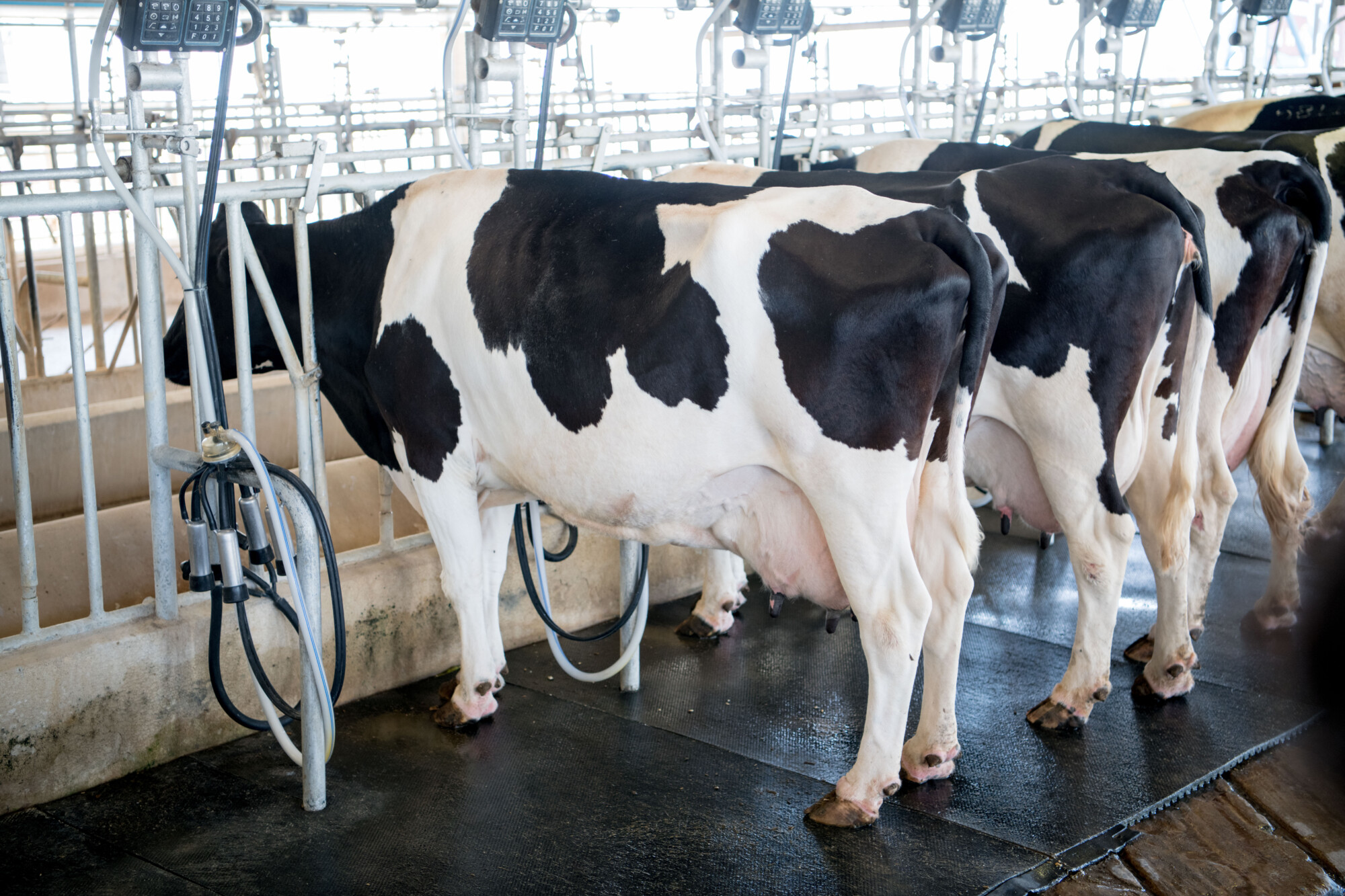Mastitis: How to implement an effective hygiene programme
13th July 2021
Evans Vanodine provides advice on pre- and post-milking protocols, as well as products and other measures that can help to prevent and manage mastitis on farm.
Mastitis usually occurs as an immune response to bacterial infection and can come from a variety of microbial sources present on farm, or as a result of chemical, mechanical or thermal injury to the animal’s udder, leading to increased numbers of somatic cells and bacteria in milk.
A system must be in place to prevent the transmission of bacteria between cows during milking. The implementation of an effective hygiene programme with good machine maintenance, in addition to accurate mastitis records and dry cow therapy, has been demonstrated to reduce incidences of mastitis.
Evans Vanodine manufactures a broad range of dairy hygiene chemicals for use and application throughout the milking process, including pre- and post-teat disinfectants which combat mastitis pathogens whilst ensuring good teat condition.
For pre-milking, Evans recommends that teats are wiped clean to remove organic soiling, then disinfected with a pre-milking disinfectant, helping to ensure better milk quality. Evans produces an extensive range of pre-dipping teat preparations, such as Pre-Dip and EvaFoam.
Post-milking, teats must be dipped or sprayed immediately after removal of the cluster, with a teat disinfectant such as the Defra- and VMD-regulated Masocare RTU, which kills mastitis pathogens, whilst ensuring good teat condition. When cleaning machinery after milking, all surfaces must be cleaned to effectively remove all milk residues to prevent the growth of bacteria, which could lead to future milk contamination.
Products used must remove protein and fat whilst aiming to control the build-up of milkstone. Evans recommends GP Acid, a fast- acting, acid-based descaler to prevent milkstone build up; and Vanosan/ Vanorinse for effective cleaning of the bulk milk tank and milking machine. The requirements for milk quality are constantly changing, therefore a prevention programme for mastitis is vital in maximising the quantity and quality of milk produced.
Evans Vanodine houses three on- site laboratories. Its extensive range is complimented by the hands-on approach offered; including technical support, farm visits and support materials. If you are struggling with elevated bactoscans and high somatic cell counts, visit www.evansvanodine.co.uk or contact the company to find your local distributor.

